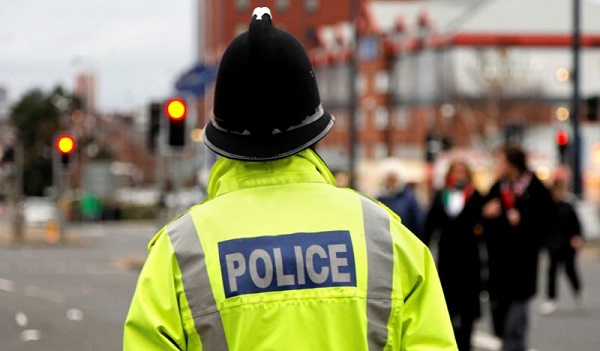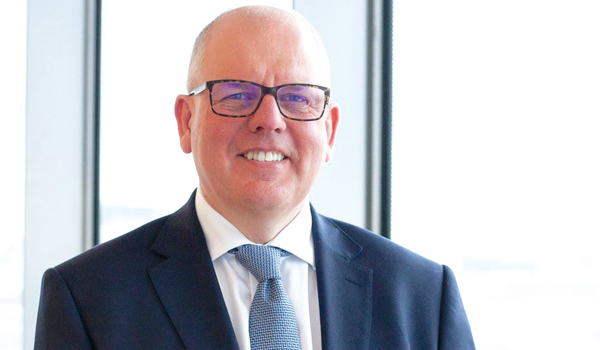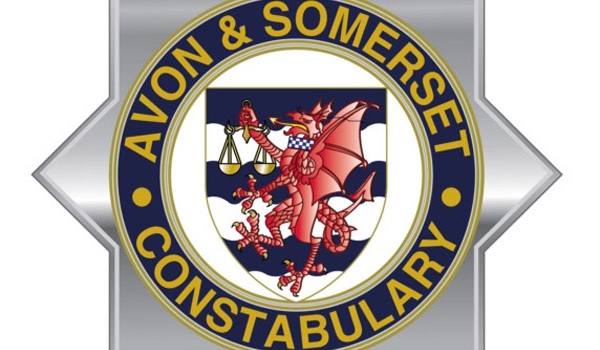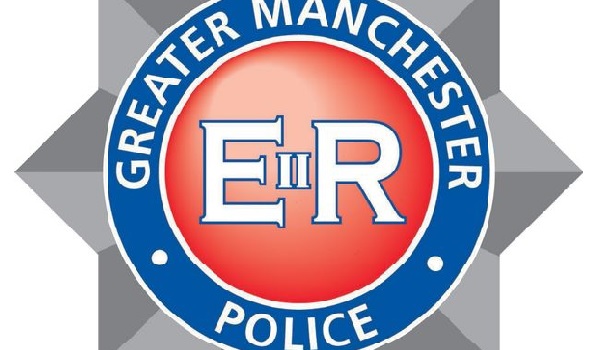Survey reveals toll of pandemic on mental health of emergency workers
Three in five police officers say their mental health has worsened over the course of the pandemic, according to a new survey conducted by Welsh mental health charity Mind Cymru.
The data, taken from a survey of more than 250 staff and volunteers across police, fire and ambulance services in Wales, has laid bare the scale of poor mental health within the emergency responder communities with just under one in four police officers rating the current state of their mental health as “poor”.
Worst hit were ambulance staff with only one in three (33 per cent) reporting their current mental health as very good or good compared with two in five police (44 per cent) and almost one in two (49 per cent) survey respondents working within the fire service.
Ambulance staff were the most likely (72 per cent) to say their mental health has worsened since the start of the coronavirus pandemic, compared with police (56 per cent) or fire (61 per cent). Staff and volunteers within the ambulance service were also more likely to rate their current mental health as poor or very poor.
On average, one in five (20 per cent) of all 999 staff and volunteers surveyed rated their current mental health as poor or very poor. The highest proportion of respondents saying they had poor mental health were within the ambulance service, at almost one in three (30 per cent).
This compares to just under one in four (22 per cent) respondents from the police service and just under one in ten (11 per cent) within the fire service who rated their mental health as poor currently.
Lucy Morris, a police officer working in front line response for Dyfed-Powys Police, added: “The last 12 months has been really difficult. It was really scary to begin with – it was hard to know how we would be able to do our jobs while being faced with such a serious and invisible illness. I’ve had anxiety for a couple of years now and the pandemic hasn’t helped.
“Doing the job has become harder as the months have gone on. The first lockdown was relatively quiet, most people stayed at home and we didn’t get that many call-outs. However the second wave was much more difficult, more people caught Covid-19, and we were short staffed and people began to burn out.
“I’ve found that I’m feeling mentally drained as the months go on, and that is affecting my anxiety. I try to combat it by doing mindful things – taking my dog for a walk, colouring, reading, even rollerskating with members of my team. Anything I can do to switch off for a while.”
Responding to these survey findings, Sue O’Leary, interim director of Mind Cymru, said: “We know that even before the coronavirus outbreak, there were high rates of poor mental health across the emergency services. This latest survey shows that the mental health of our emergency responders has got even worse, with ambulance staff and volunteers hardest hit. They are making more difficult and potentially life-and-death decisions on a daily basis, as well as dealing with death and bereavement, in addition to concerns for their own health and wellbeing and that of their loved ones.
“Blue light staff have told us that working within the emergency services – especially the ambulance service – is a hugely rewarding but challenging job. The people who responded to our survey have made it clear that the pandemic has made their jobs even more demanding. “It’s really important that our hardworking emergency responders are able to access support for their wellbeing if and when they need it. Thanks to funding from The Royal Foundation of The Duke and Duchess of Cambridge’s Covid-19 Response Fund, we will be initially looking to make new resources available to support those within blue light services in Wales with a view to extending training and support opportunities.”







